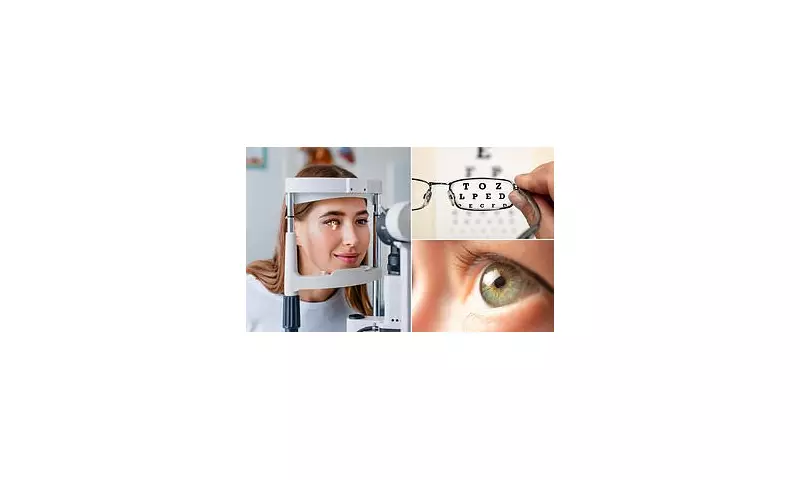
A revolutionary eye test could soon predict your risk of suffering a heart attack or stroke up to a decade in advance, according to groundbreaking research. Scientists have discovered that a simple scan of the retina can reveal early signs of cardiovascular disease, offering a non-invasive way to identify those most at risk.
How the Eye Test Works
The test analyses changes in the tiny blood vessels of the retina, which can indicate poor circulation or damage to arteries elsewhere in the body. These changes often appear years before more obvious symptoms develop, making the eye a unique window into cardiovascular health.
Key Findings from the Study
- The test can predict cardiovascular events with 80% accuracy
- It works by measuring blood vessel width and density in the retina
- Results are available within minutes
- Could be rolled out in opticians nationwide
Why This Matters
Cardiovascular disease remains the leading cause of death worldwide, with most patients showing no symptoms until it's too late. This new approach could transform preventive healthcare by identifying high-risk individuals early, when lifestyle changes or medication could still make a difference.
Professor Alicja Rudnicka, who led the research at St George's, University of London, said: "The retina provides a unique, accessible window to assess underlying vascular health. Our findings show this method could become an important tool for primary prevention."
Next Steps for the Technology
Researchers are now working to refine the algorithm and explore how the test could be integrated into routine eye examinations. If successful, it could become as commonplace as blood pressure checks within the next five years.
The NHS is particularly interested in the technology as it could help reduce the burden on healthcare systems by preventing costly emergency treatments through early intervention.





